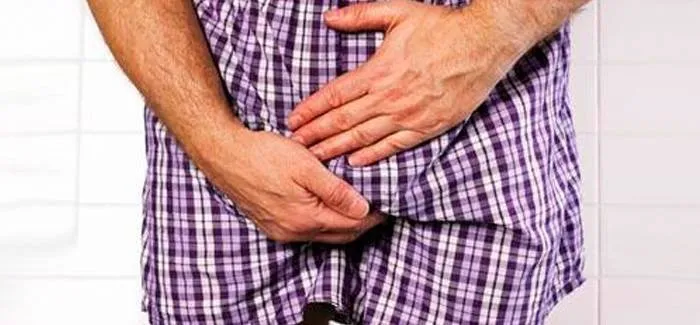
Ibuprofen is a widely used medicine for relieving pain and inflammation in addition to being indicated to lower fever.
But are they really all advantages? Unfortunately, as with any medication, side effects may occur.
In the case of ibuprofen, the most common consequences, hitherto known, were those derived from gastrointestinal and cardiovascular problems.
However, a new study has found that it can also impair the testicular health of adult men in the long term.
The researchers examined ibuprofen intake and hormone balance in male participants between 18-35 years of age.
The authors approached the problem from three perspectives: First, they obtained regular blood hormones from men who received ibuprofen (or placebo) during the study period.
Afterwards, a study of human testicles in the laboratory was carried out in a complementary manner.
And finally, they analyzed the effects on a population of cultured cells that mimic the way testicular hormones are produced.
The results indicate that repeated use of this drug affects testicular function, so the body has to work harder to maintain testosterone levels in the body.
Although the effects observed may be reversible, experts say that the investigation of the product should not be overlooked, as its long-term consequences may be more serious than expected.
This study does not indicate a need to change the current recommendations on the use of ibuprofen. According to the study authors, these data should not affect those men who occasionally take ibuprofen for any of the symptoms discussed above.
However, these studies were limited and more work would be needed to conclusively determine whether exposure to ibuprofen can affect germ cells (those that will later become sperm) and therefore affect fertility in humans.
Dr. Rod Mitchell, research group leader and pediatric endocrinologist honorary consultant at the University of Edinburgh, says that "large-scale studies would be needed to determine the potential for clinically relevant reproductive effects in adult men"